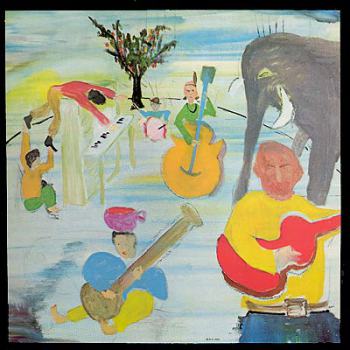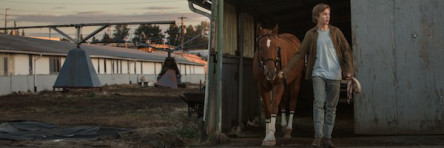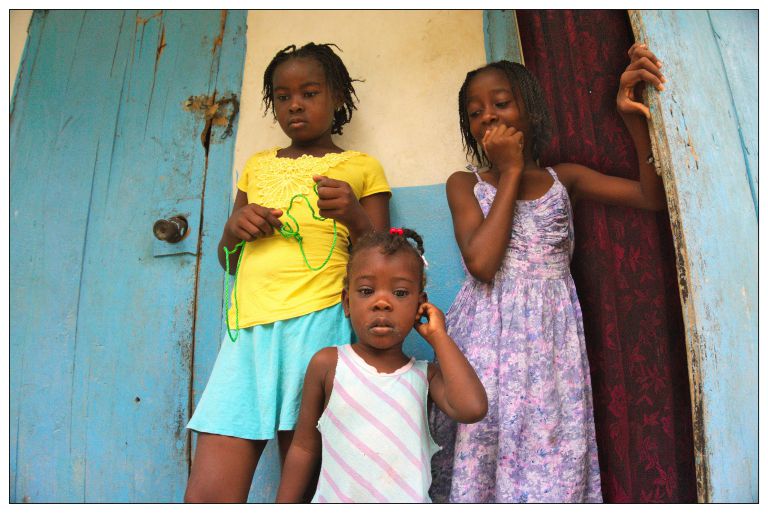I touched down at Heathrow on Saturday afternoon after an early flight from Barnaul and a rather stressful connecting flight to London from Moscow. I must say that I have had easier trips abroad in the past, but perhaps none quite as unique as this Russian adventure. The main point of the trip was to visit Russian sea buckthorn plantations and processing plants, to see what we could learn and bring back to our own sea buckthorn venture on the farm here in Essex. We met with an international delegation of sea buckthorn partners (from Russia, China, Finland, Greece, Germany and the UK) and spent the week talking about various problems and solutions for growing and marketing this incredible plant across the world. It’s perhaps as close as I will get personally to international trade and diplomacy in the light of Brexit!
It might seem an obvious thing to write, but Russia is defined by its size and scale. Everything we did on the trip had this at its heart, and travel from place to place inevitably took many hours. For the first day we were based in Barnaul, for meetings and local visits. Barnaul is a university city with a population roughly the size of Manchester and is located in the western Siberian plain, with China and Kazakhstan directly to the south. I have zero Russian language skills so I was reliant on our host and translator, Yuri, to communicate with Russians throughout the trip. Yuri had organised a superb itinerary, and I want to thank him enormously for everything he did for us throughout our stay.

Centre of Barnaul.
Much of the trip was spent in the minibus driving from farm to factory to hostel to woods. We passed square miles of fields where buckwheat had been harvested, and sunflowers standing proudly yellow and tall, still yet to be cut. Altai, the province in which we were travelling, is vast, like all of Russia, and can be divided into black earth fields, the Altai mountain region, which we visited mid-week, and expanses of Birch and coniferous forest. This is a country in which self-sufficiency is vital for those living in rural areas (much of Russia) and we passed hundreds, if not thousands of houses in which the gardens had been turned over to production. Cattle and the odd sheep wandered the roads and ponies pulled carts from field to village. It is a hard existence, but one which Russians have learnt to adapt to.

A rather poor image showing the black earths of this part of Russia. Incredible soil!
A particularly special part of the trip was a boat trip across Lake Teletskoye, which is the largest lake in the Altai Mountains, 325m deep at its deepest point. It is an incredible 90 square miles in area and contains beautifully pure fresh water, fed by rains from the mountains. It is surrounded by forest and beautiful waterfalls which we stopped to see on our way. At the far end of the lake we stopped for lunch, and, other than perhaps the Tibetan side of Everest Base camp which I visited in 2009, it is the most remote place I have ever been. I took this picture which I think gives you an idea of what it felt like to be there.

Lake Teletskoye.
Russia is a vast and beautiful country and I will treasure the memories of this trip. However, one thing that particularly struck me was the lack of birdsong. In Barnaul there were plenty of crows and some sparrows but that was it. Even in the countryside the skies were almost silent. I saw a bird a bit like a dipper near one of the waterfalls and some geese but not nearly as many birds as I had expected. It could be that the immense cold is about to descend and so they have left in advance, but it was eerie nonetheless.

Our group visiting a 2 year old sea buckthorn plantation
One of the good things we discovered was the importance of sea buckthorn for Russians, and the investment that they put into it. Hopefully in time the same thing will happen in Europe and the UK.

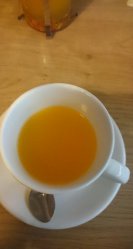
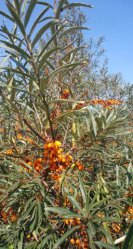
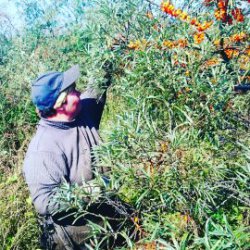
See more.
Advertisements Share this:- More

